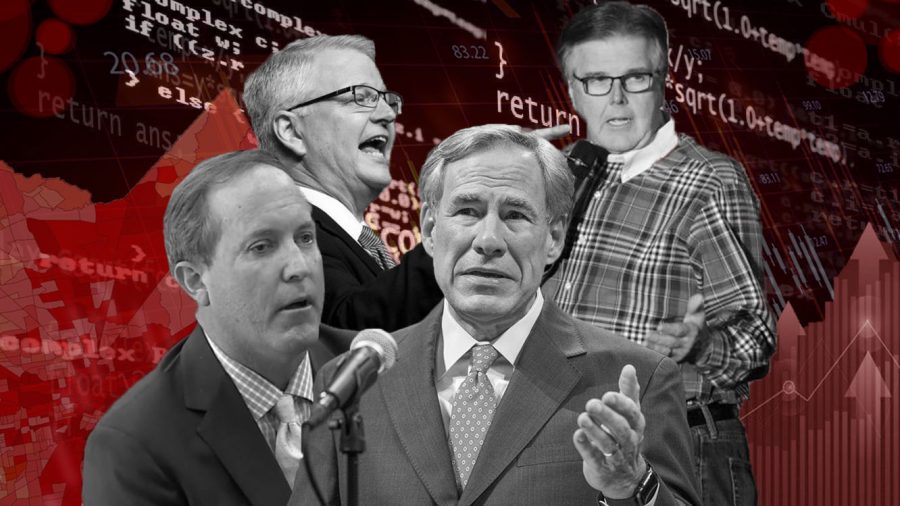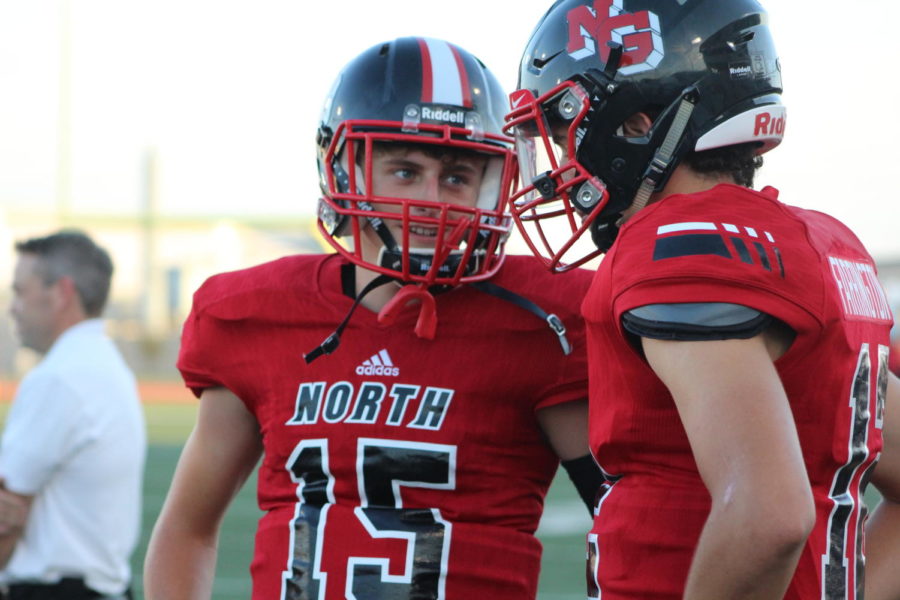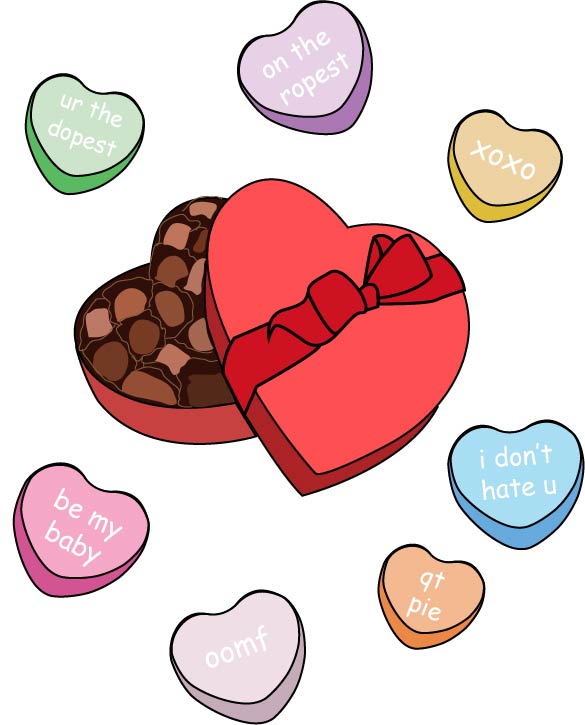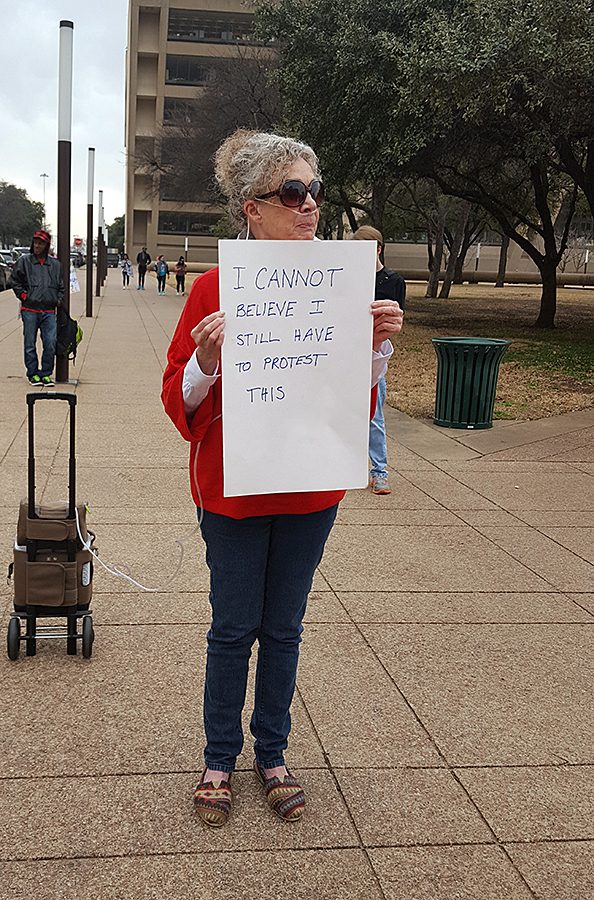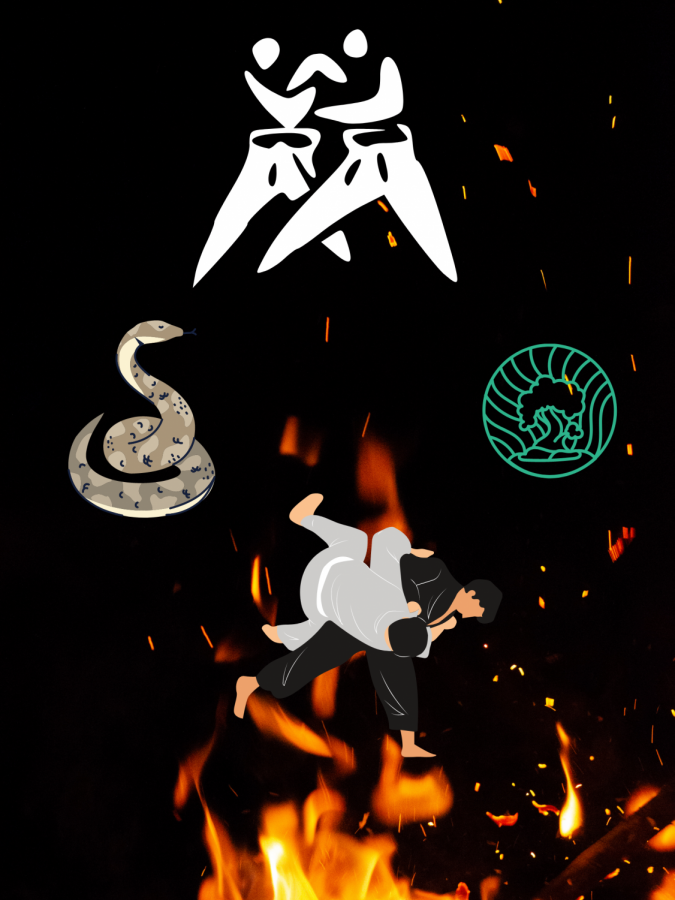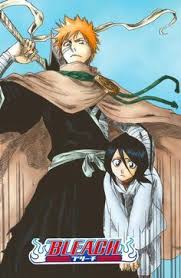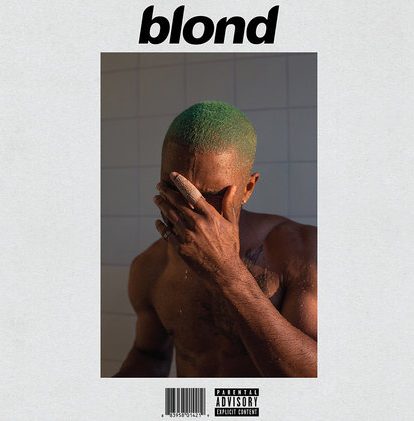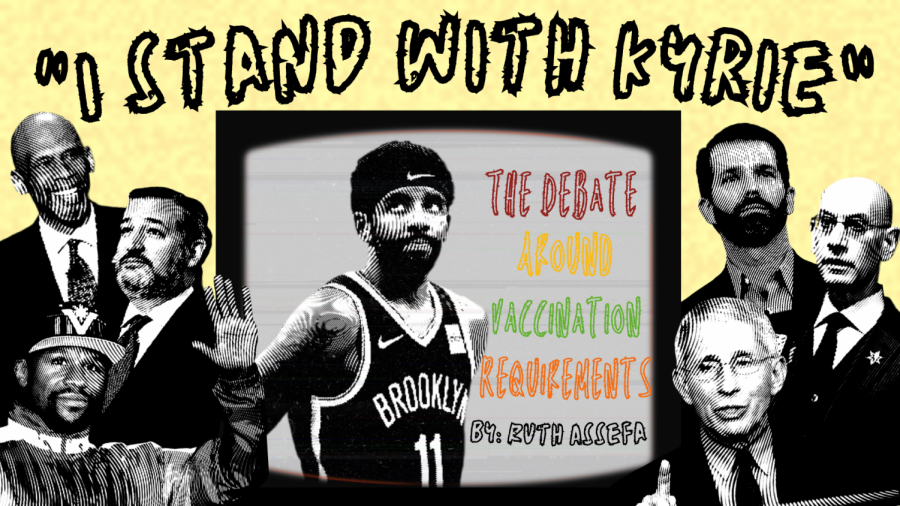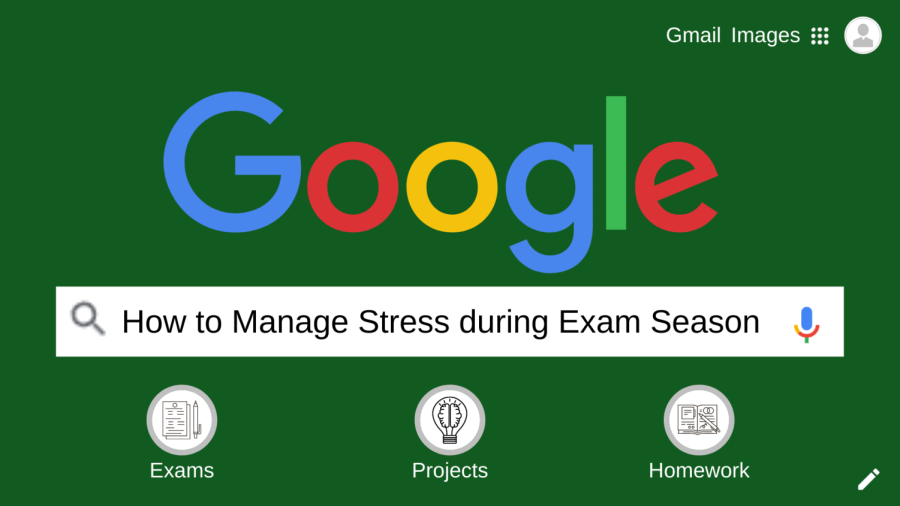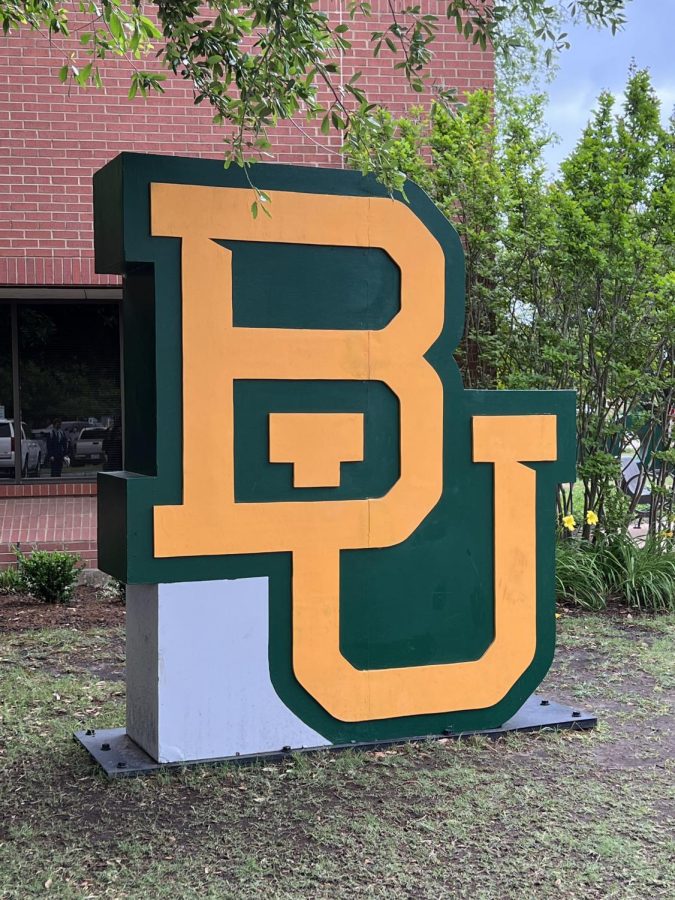From a Teen To A King: Part Two
Part 2 on the rise of the G.O.A.T
Entering the 2010-11 season, James was the most highly coveted free agent, being contacted by multiple teams around the league. On July 8, ESPN hosted a national television special called “The Decision”, where James spoke on his time in Cleveland and also announced that he would be signing with the Miami Heat. James was heavily criticized for choosing to leave the Cavaliers and how he handled his free agency process. His quote from the special, “taking my talents to south beach,” became a punchline for many critics and media outlets. After an event filled off-season, James and the Heat struggled to start out the season, going 6-4 through their first 10 games. After the early chemistry struggles and negative noise going around, though the Heat caught some steam and were 30-9 halfway through January. With very strong play from their big three: Dwyane Wade, Chris Bosh and LeBron James. They finished out the season winning eight of their last 10 and a 58-24 record. James, Wade, and Bosh all made the All-Star team and led the Heat to the Finals with series wins over the 76ers, Celtics and Bulls. LeBron would meet Dirk Nowitzki’s Mavericks in the 2011 Finals match-up. James struggled through the Finals, only averaging 17 points per game, and they lost the series to the Mavericks in six games. The criticism only got worse for James after his poor performance in the Finals, during which he averaged three points in the fourth quarter for the series.
The loss humbled James. He chose to leave behind the villain role instead of embracing it and worked hard on improving his post game skills. This led to a revamped LeBron James who helped the Heat start off with an 18-6 record. He won his third Most Valuable Player award, averaging 27 points and two steals a game on 53 percent shooting. In the playoffs, Heat forward
Chris Bosh was hurt during the second round, and the Heat fell in the series 2-1. James responded with a 46-point and 18-rebound outing to tie the series. They went on to win the series and would face the Celtics in the Conference Finals. Facing elimination in game six, James posted 45 points and 15 rebounds in a winning effort. The New York Times referred to it as a “career defining performance.” The Heat won game seven of the series to advance to the Finals for the second straight year. James would face off against his growing rival Kevin Durant and the Oklahoma City Thunder. In game four of the series, LeBron hit a game winner that eventually sealed the win for the Heat. The next game James posted a triple double, leading his team to their fourth victory in five games, clinching his first NBA championship and Miami’s second title in franchise history. James finished the post season averaging 30 points, 10 rebounds and six assists. He postseason performance ranked second best in NBA history during an era where the game is a lot quicker and flashier, according to ESPN.
The Heat was still on fire and started the 2012-2013 season with a 20-6 record. On February 3, James and the Heat defeated the Raptors 100-85. This game became the first of 27 straight wins for the Heat, the second longest win streak in NBA history. James led the heat in scoring in 20 of those 27 games, averaging 27 points, eight rebounds and eight assists. The Heat finished the season with a franchise best 66-16 record, and James became the second player in NBA history to win back-to-back MVP awards on more than one occasion. During the playoffs, the supporting cast on the Heat roster struggled greatly, causing LeBron to have to be the main scoring outlet for the team. In an interview with USA Today, James compared his team’s struggles and having to carry a hard workload to his time in Cleveland.
“I kind of just went back to my Cleveland days at that point and just said, ‘Hey, let’s try to make more plays and be more of a scoring threat as well,’ ” James said. Despite bad play from his teammates, James was able to carry them to their third straight Finals. Down 2-3 to the Spurs, James was able to notch his second triple-double of the series. James had 16 fourth quarter points, which was enough to lead Miami on a comeback victory. In Game 7, James tied the NBA record for most points in a Game 7 victory, scoring 37 points and clenching his second straight Finals MVP award. James finished the playoffs with an average of 26 points, eight rebounds, seven assists, and two steals per game. The next season would ultimately be James’s last as a member of the Heat, leading them to the Finals for the fourth straight year, averaging 27 points. James took a lot of heat after sitting out most of the fourth quarter in Game 1 due to leg cramps, which helped the Spurs secure the win and take an early series lead. In Game 2, he rebounded from the criticism, putting up 35 points to tie the series 1-1, but the Heat couldn’t produce and lost the series in five games, costing Miami their chance at a three-peat.

Hey everyone, I'm Michael, a varsity football player and sports writer for North Garland's school newspaper, "Raider Echo." I am a die-hard Cowboys fan,...






